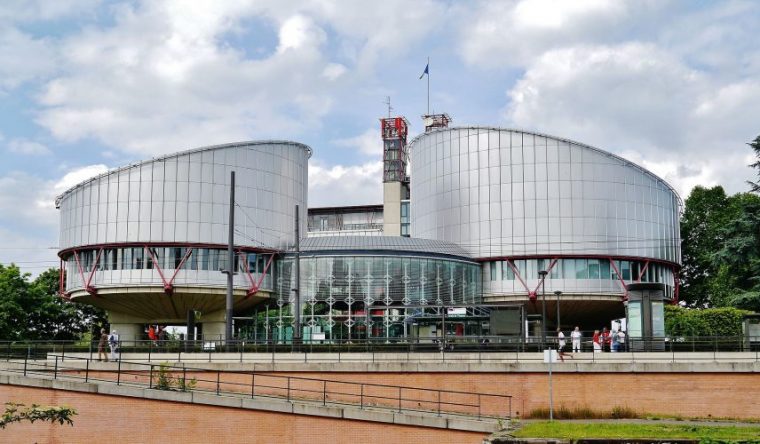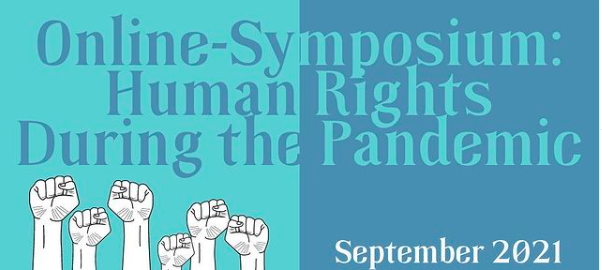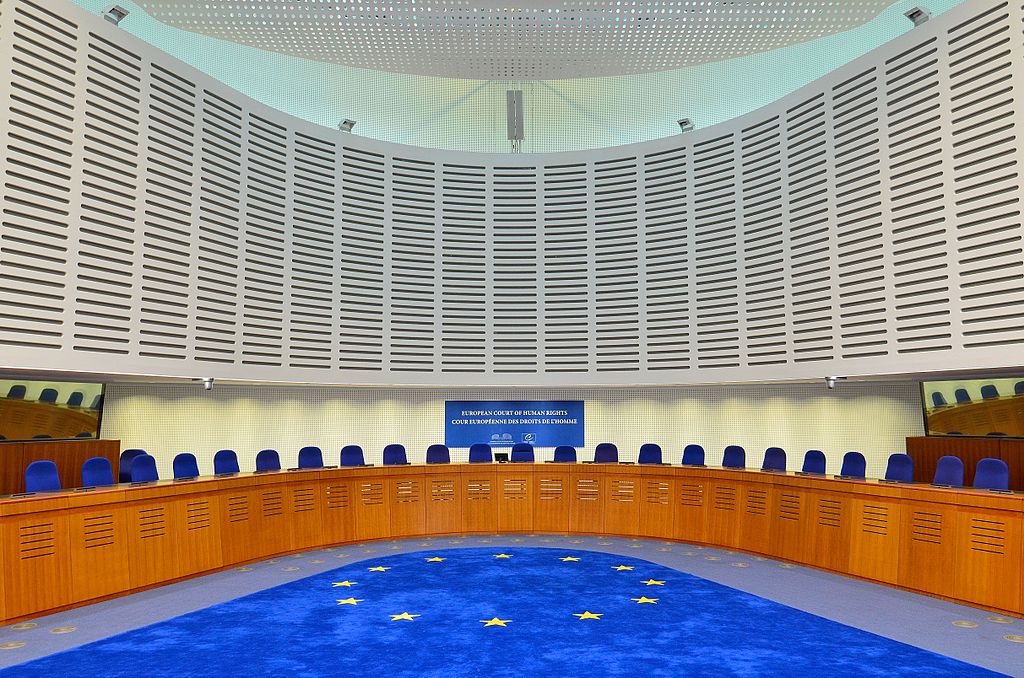In unserem neusten Saar Brief beleuchtet Florian Kraffert das Urteil des EGMR zum Fall Kozan und leitet dabei Grundsätze ab, nach denen der EGMR versucht,
Weiterlesen

In unserem neusten Saar Brief beleuchtet Florian Kraffert das Urteil des EGMR zum Fall Kozan und leitet dabei Grundsätze ab, nach denen der EGMR versucht,
Weiterlesen
We continue our Symposium „Human Rights during the pandemic“ with an Expert Interview with Lara Schmidt on the impact of COVID-19 on people with rare
Weiterlesen
For more than 10 years, the Europa-Institut has been hosting an European Summer Course (ESC) in cooperation with the Europäische Akademie Otzenhausen. Due to the
WeiterlesenDer Jean-Monnet-Lehrstuhl für Europäische Integration, Antidiskriminierung, Menschenrechte und Vielfalt organisiert vom 28.-30. März 2019 ein internationales und interdisziplinäres Symposium an der Europäischen Akademie Otzenhausen über
Weiterlesen
An article by Anika Bratzel* A. Introduction On 20 October 2015 the European Court of Human Rights (“the Court”) in Strasbourg delivered a judgment in
Weiterlesen